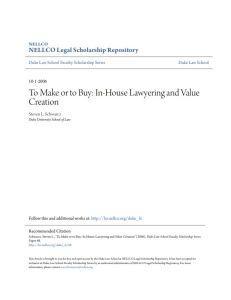
To Make or to Buy
In-House Lawyering and Value Creation
Read or listen offline
Amazon KindleRecommendation
Who delivers greater value to companies needing legal work: in-house lawyers or outside counsel from law firms? In search of answers, Duke University’s Steven L. Schwarcz conducted surveys of in-house lawyers and, using a shorter form, of external law-firm attorneys. He details eight different hypotheses, develops quantifiable survey data and uses this data as a prism through which to answer the question: Is it better for companies to “make or buy” legal expertise? Because Schwarcz asks lawyers to respond to surveys about their merits versus their competitors, he raised the caveat, of course, of self-evaluation bias. Despite this anomaly, and the report’s tendency to jump from topic to topic, getAbstract finds that this research will interest corporate hiring officers, in-house legal counsel, and lawyers serving or seeking corporate clients.
Summary
About the Author
Steven L. Schwarcz is the Stanley A. Star Professor of Law and Business at the Duke University School of Law, and the founding director of Duke Global Capital Markets Center.








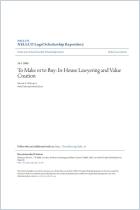
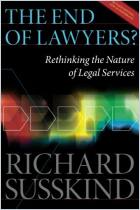
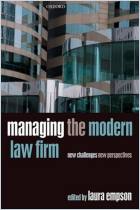
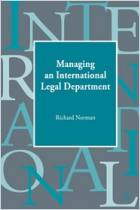
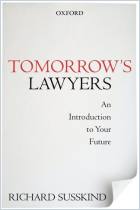
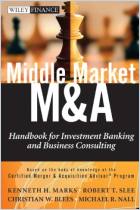


Comment on this summary